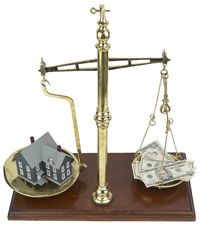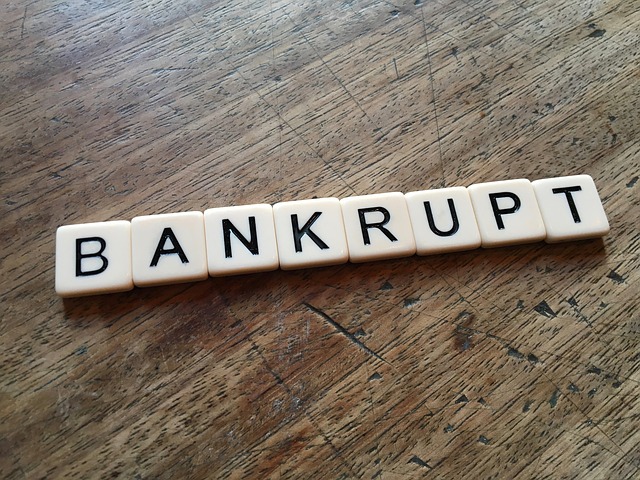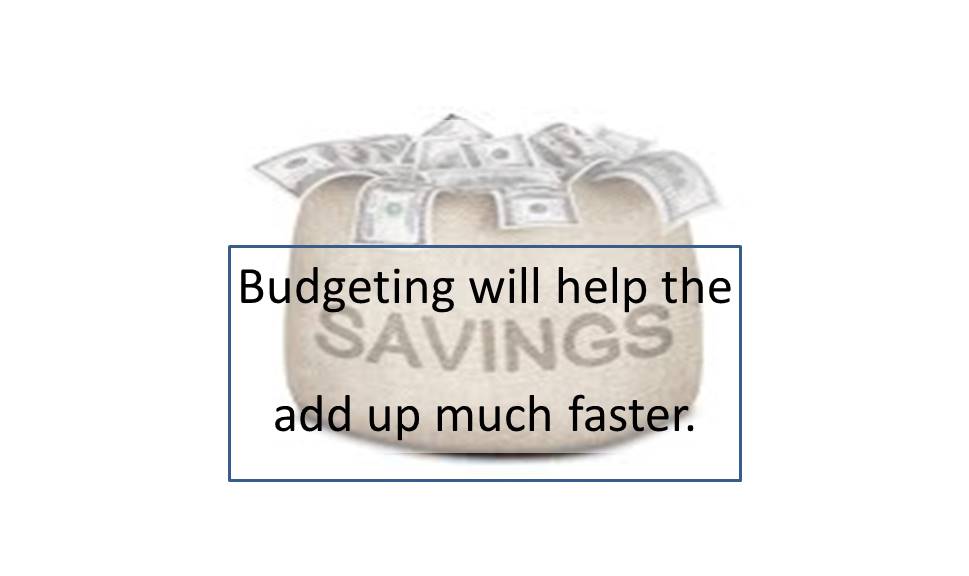Break Free from Credit Card Debt-Steps to
Financial Freedom – taking time to evaluate your options is necessary for financial freedom…update 01-03-24
Are you tired of being shackled to credit card debt? Ready to break free and regain control of your financial future? Look no further, because we have a step-by-step plan that will guide you toward financial freedom.
Table of Contents
In today’s fast-paced world, it’s all too easy to fall into the traps of overspending and accumulating debt. But with dedication and the right strategy, you can break free from the burden of credit card debt and pave the way to a brighter financial future.
In this comprehensive guide, we will walk you through each step of the process, from assessing your current debt situation to creating a realistic budget, and finally, implementing effective debt-repayment strategies. So, if you’re ready to take charge of your finances and start living a debt-free life, let’s dive in and discover the path to financial freedom together.
Understanding All the Facts About Credit Card Debt
Credit card debt can be overwhelming and can have a significant impact on your financial well-being. Understanding the factors that contribute to credit card debt is crucial in developing a plan to break free from
it.
One of the main culprits is high interest rates. Credit card companies often charge exorbitant interest rates, making it difficult to pay off the debt quickly. Additionally, the ease of using credit cards can lead to impulsive buying behavior and overspending.
People often fall into the trap of using credit cards as a source of instant gratification, without considering the long-term consequences.
It is easy to fall into the trap of paying minimum monthly payments and this can also contribute to credit card debt. Many people make this mistake which prolongs the repayment process and increases the overall interest paid.
The latter method is mainly paying the interest on the balance of the loan and a very minimum toward the principal balance. Check your statement, this is not workable to improve your financial position.
The Impact of Credit Card Debt on Your Financial Well-Being
Credit card debt can have a profound impact on your financial well-being. It can cause stress, anxiety, and sleepless nights. The constant worry about how to make payments and the fear of falling further behind can take a toll on your mental and emotional health.
It is also evident that credit card debt can hinder your ability to achieve
important financial goals, such as buying a house or saving for retirement.
Card debt can also damage your credit score, making it harder to obtain loans or credit in the future. The interest and fees associated with credit card debt can quickly add up, resulting in a never-ending cycle of debt. It’s essential to break free from this cycle and take control of your financial future.
Assessing Your Credit Card Debt Situation
Before embarking on your journey to financial freedom, it’s crucial to assess your current credit card debt situation. Start by gathering all your credit card statements and determining the total amount of debt you owe.
Make a list of each credit card, the balance owed, and the interest rate associated with each card. This will give you a clear picture of where you stand and serve as a starting point for developing a debt repayment plan.
It’s also important to review your credit statement. This is to ensure its accuracy and identify any potential errors that could be negatively impacting your credit score.
By understanding the full extent of your credit card debt, you can develop a more effective strategy for paying it off.
Creating a Budget and a Financial Plan
Creating a budget is a crucial step in managing your finances and paying off credit card debt. Start by tracking your income and expenses to determine how much money you have available each month.
Identify areas where you can cut back on discretionary spending and allocate those savings towards paying off your credit card debt.
It’s also important to set realistic goals and milestones to keep yourself motivated throughout the process. A financial plan will help you stay on track and ensure you’re making progress toward your ultimate goal of becoming debt-free.
Cutting Expenses and Creating Income
To accelerate your debt repayment journey, consider cutting expenses and increasing your income. Look for areas in your budget where you can make adjustments, such as reducing dining-out expenses, canceling
unnecessary subscriptions, or finding more affordable alternatives for everyday expenses.
Additionally, consider ways to increase your income, such as taking on a side gig, freelancing, or asking for a raise at work. The extra money can be used to make larger payments towards your credit card debt, helping you pay it off faster and save on interest.
Prioritizing and Paying off Credit Card Debt
Paying off credit card debt requires a strategic approach. One common strategy is the “snowball method,” where you prioritize paying off the smallest debt first while making minimum payments on the others.
Once the smallest debt is paid off, you move on to the next smallest, creating a snowball effect.
Another strategy is the “avalanche method,” where you prioritize paying off the debt with the highest interest rate first. This method can save you more money in the long run by reducing the total interest paid.
Choose the strategy that works best for you and stick to it. Consistency and discipline are key to successfully paying off your credit card debt.
Utilizing Balance Transfer and Consolidation Options
Balance transfer and consolidation options can be useful tools in managing credit card debt. The balance transfer method allows you to move your high-interest credit card debt to a card with a lower interest rate, often with an introductory period of 0% interest.
This can help you save on interest and pay off your debt faster. However, it’s important to read the fine print and understand any fees associated with balance transfers.
Debt consolidation involves combining multiple debts into a single loan or credit card. This can simplify your repayment process and potentially lower your interest rate.
Consider these options carefully and weigh the pros and cons before making a decision.
Negotiating With Credit Card Companies
Believe it or not, credit card companies are often open to negotiation. If you’re struggling to make payments or facing financial hardship, don’t hesitate to reach out to your credit card company and explain your situation.
They may be willing to lower your interest rate, waive late fees, or even negotiate a settlement. It’s worth the effort to explore these options and see if you can get some relief from your credit card debt.
Remember, the worst they can say is no, so it’s always worth asking.
Building Good Credit Habits and Avoiding Future Debt
Once you’ve paid off your credit card debt, it’s crucial to build good credit habits and avoid falling back into the same trap. Start by using credit responsibly, only charging what you can afford to pay off in full each month.
Set up automatic payments or reminders to ensure you never miss a payment. Keep your credit utilization low by not maxing out your credit cards. Regularly review your credit report and dispute any inaccuracies.
By practicing good credit habits, you can maintain a healthy credit score and avoid future debt.
Seeking Professional Help and Resources
If you find yourself overwhelmed or struggling to make progress, don’t hesitate to seek professional help. Credit counseling agencies can provide guidance and support in managing your credit card debt.
They can help you develop a personalized plan and negotiate with your creditors on your behalf. Additionally, there are numerous online resources, books, and podcasts available that provide valuable information and tools for managing credit card debt.
Remember, you don’t have to face this journey alone. Reach out for help when you need it.
Celebrating Your Financial Freedom
Paying off credit card debt is no small feat, and it’s important to celebrate your accomplishments along the way.
Take a moment to acknowledge the progress you’ve made and the hard work you’ve put in. Treat yourself to something small as a reward for reaching milestones in your debt repayment journey.
Celebrating your financial freedom will motivate you to continue making smart financial decisions and inspire others to take control of their financial futures.
Conclusion
Breaking free from credit card debt is a journey that requires dedication, discipline, and a well-thought-out plan.
By understanding…
• credit card debt
• assessing your situation
• creating a budget, and
• implementing effective debt-repayment strategies…
You can pave the way to financial freedom. Remember, it’s not about how you fall into debt; it’s about how you rise above it.
Take the first step today towards a debt-free life and a brighter financial future. You have the power to break free from credit card debt and take control of your financial destiny.



